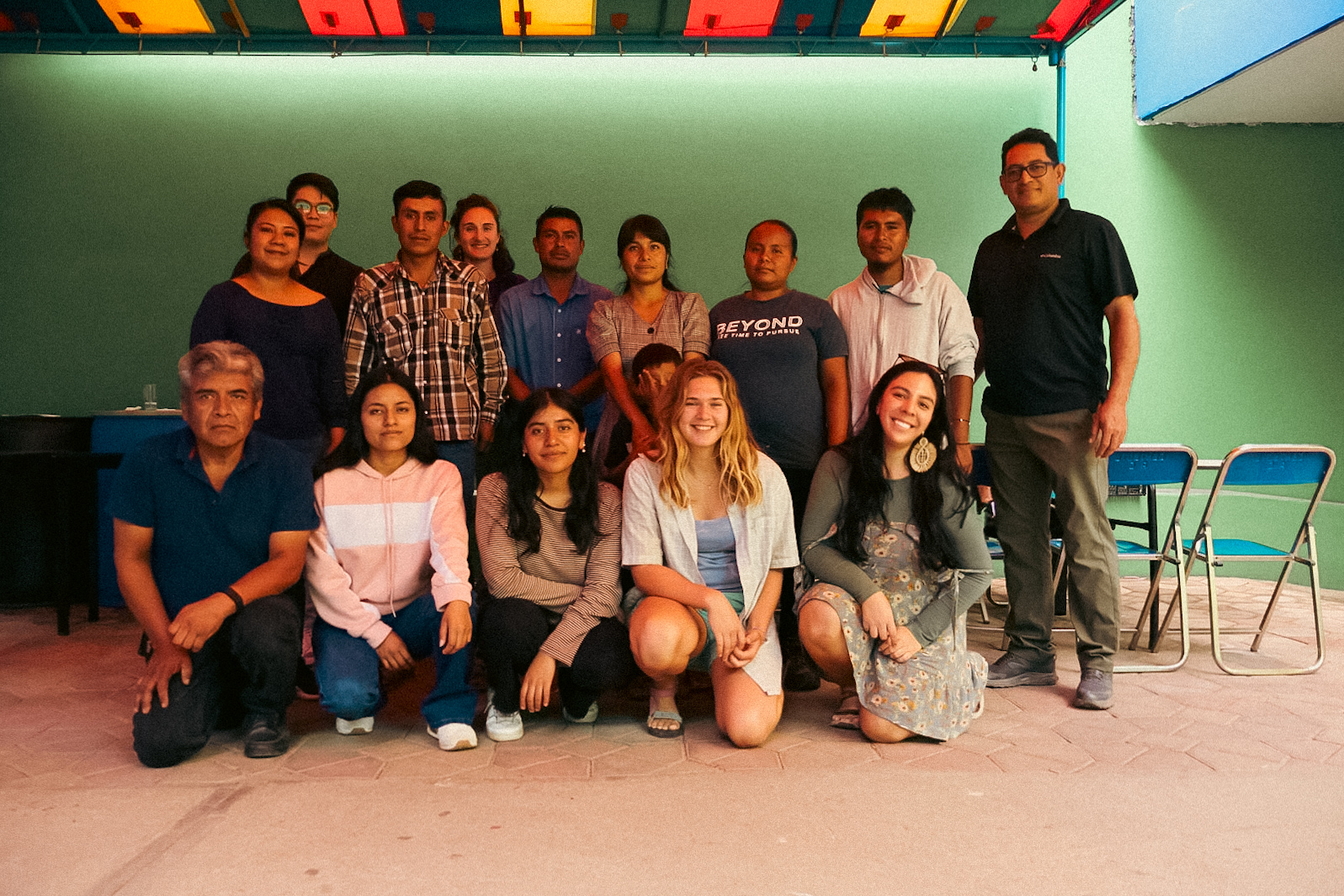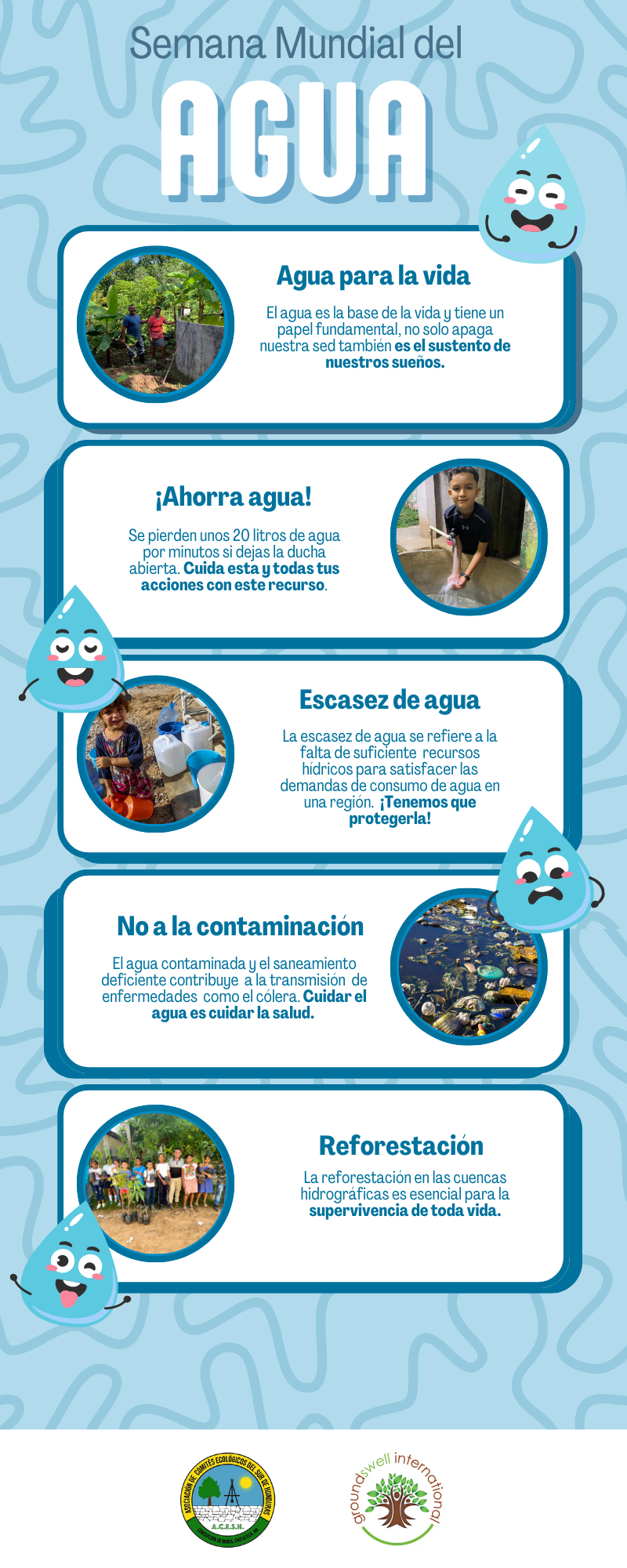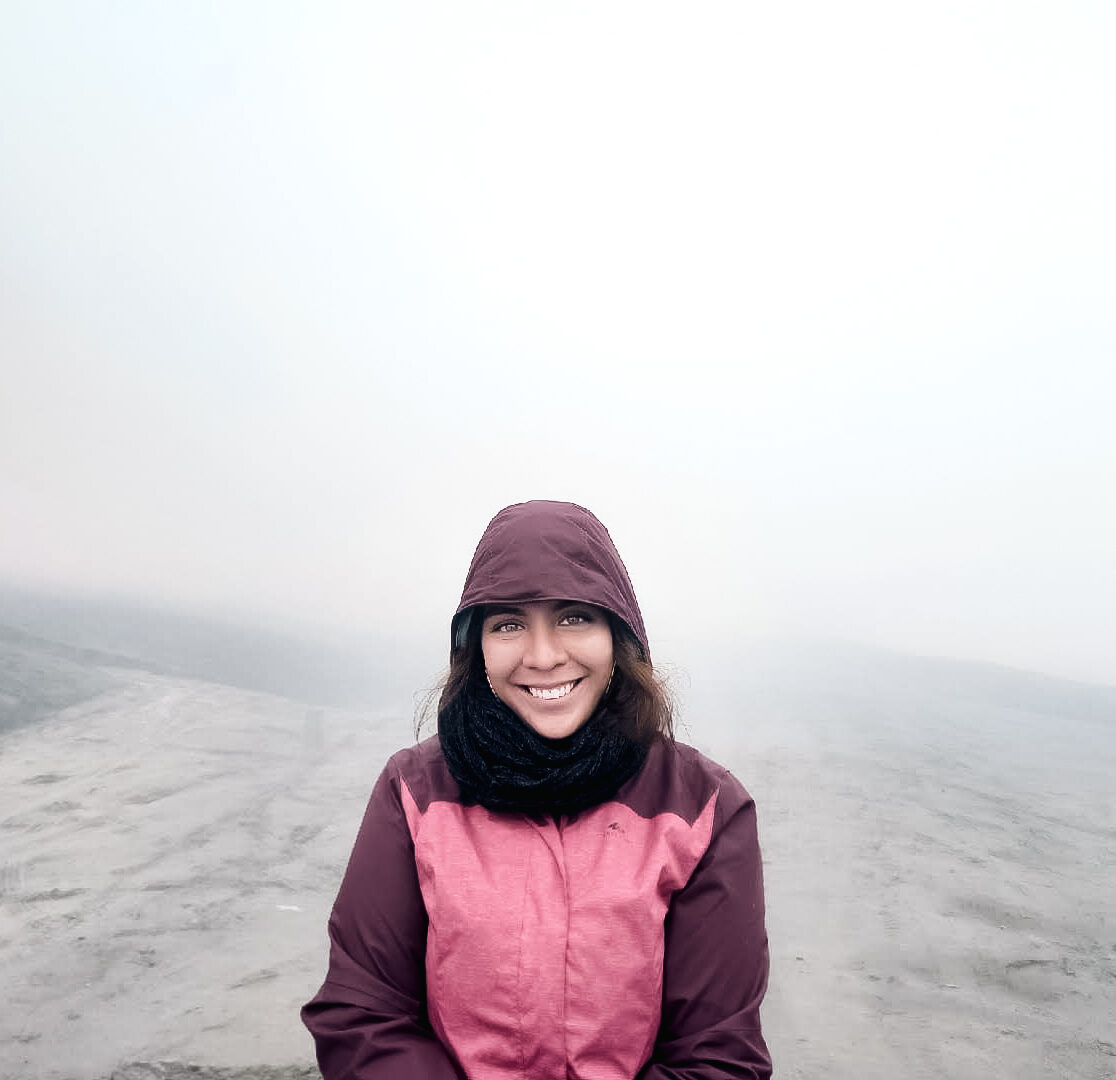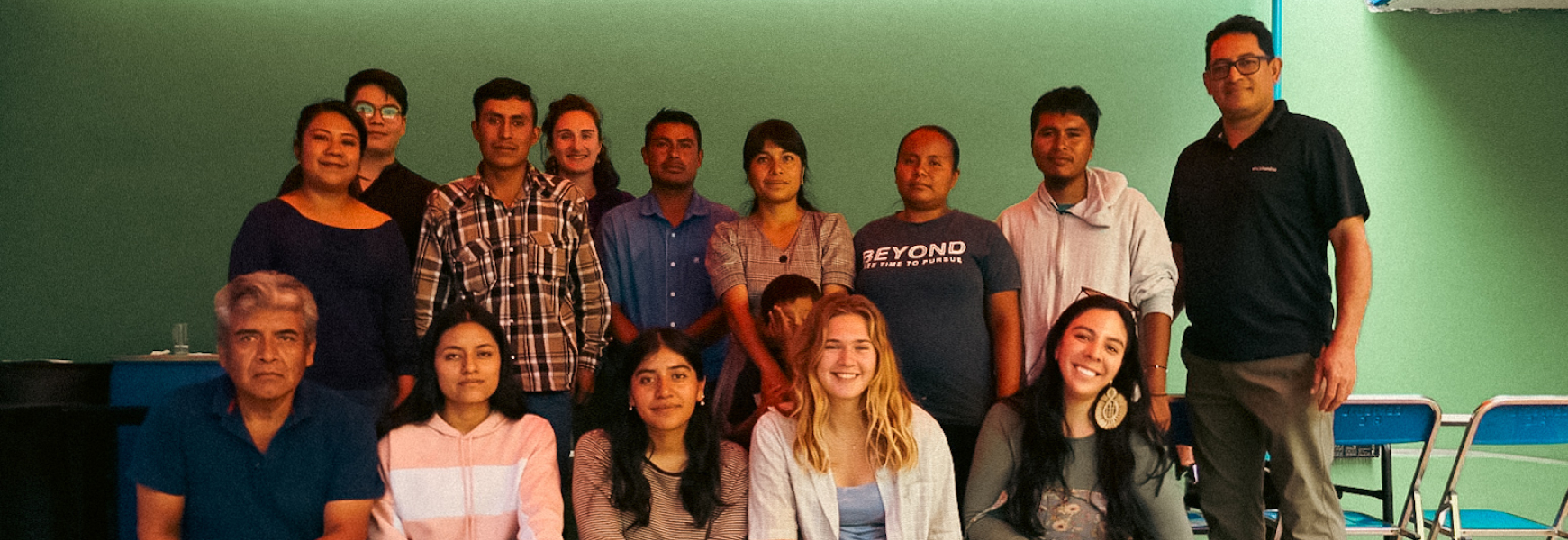World Water Week 2024 as Seen by Youth from Latin America
You can read the Spanish version of this article here.
Every August, World Water Week brings together voices from around the globe to reflect on and act upon how we manage life’s most vital resource: water. Two billion people lack access to safe drinking water, and it’s projected that by 2050, more than half of the world’s population will face water scarcity. Latin America and the Caribbean in particular, find themselves in a critical position.
Despite hosting a third of the world’s water resources, stark contrasts mark this region. While water is abundant in many places, its distribution is deeply unequal, and challenges related to access and management are significant. According to the World Bank, around 166 million people lack access to safe water in Latin America. This is alarming for a region that, in theory, should have greater water security.
Agriculture, a vital sector for Latin America’s economy and food security, also plays a crucial role in water use. Agriculture accounts for approximately 70% of total water consumption in the region, highlighting the importance of efficient water management. The challenge lies in balancing the need for water in agricultural production with the sustainability of this resource in the long term. Countries like Mexico and Peru have developed strategies to improve water efficiency in agriculture, promoting more efficient irrigation techniques and water-conserving farming practices.
These initiatives ensure that agriculture continues to drive development without compromising water availability for future generations.
Around 166 million people in Latin America and the Caribbean lack access to safely managed drinking water services.
The impact of climate change is increasingly evident in the region. Precipitation patterns in Latin America have become erratic, causing severe droughts and devastating floods in some areas. The Inter-American Development Bank (IDB) notes that this phenomenon is particularly destructive in the Central American Dry Corridor, where food insecurity affects 70% of rural households due to water scarcity. The situation is critical, and the need for sustainable solutions becomes more urgent each day.
In the face of these challenges, youth from our Youth Storyteller program have emerged as central players in the fight for sustainable water preservation. During World Water Week 2024, youth from Ecuador, Mexico, and Honduras joined forces to expose water issues in their communities through various creative mediums.
EkoRural, Ecuador
In Ecuador, youth storytellers with our local partner EkoRural addressed water challenges using object theater, a creative method that involves using objects to convey powerful messages. Despite the country’s water abundance, poor distribution and contamination have led to severe water provision issues. The government reports that only 39% of Ecuador’s population can access safe drinking water. EkoRural, recognizing the importance of water for food production and daily life, used theater to raise awareness about the need for more sustainable practices and to promote change in communities. Here’s what they created, each image inviting us to reflect on how we use and think about water:
Centéotl, Mexico

In Mexico, where the water situation is also alarming, youth with our partner Centéotl chose audiovisual to highlight the urgent need to solve the water crisis. With 24% of aquifers overexploited in the region, according to the Secretariat of Environment and Natural Resources (SEMARNAT), the youth produced a video highlighting the increasing concerns over industrial and agricultural contamination of water sources in Mexico and calls on us to join them in protecting water.
Centéotl’s message is clear: the responsibility to protect water rests with everyone, and every action, no matter how small, matters in ensuring adequate supply for future generations.
ACESH, Honduras
In Honduras, the water crisis is particularly severe. The group of youth with ACESH created an infographic to emphasize water as a fundamental human right, especially in a country where thousands live in rural areas with limited access to safe drinking water. ACESH designed a poster combining images and key messages reminding us that every drop of water is essential for life and health. Their work is a call to action to protect and conserve this resource.

Through their stories, these young people shed light on the water crisis in Latin America and the Caribbean and show that we can address it with concrete actions and dialogue. As the world faces an uncertain future regarding water availability, today’s youth are well-positioned to lead the charge for change.
You can empower these young leaders to shape the future of water conservation. By supporting our Youth Storyteller Program, you’re investing in their knowledge, creativity and voices, and in our planet’s health. The decisions we make today will impact youth the most—your gift ensures that they can take the lead in building a thriving future.

About the author
Luisa María Castaño Hernández
Luisa is Groundswell International’s Communications Coordinator for Latin America and the Caribbean. She has experience in media in different countries, content development in multimedia and print formats, fiction and non-fiction writing and editing. She has played a leading role in the formulation and implementation of communication strategies for projects of institutions working for the preservation of cultural heritage and biodiversity, the strengthening of education and the integration of migrants. She has also participated in the development of museographic scenarios, curating exhibition cycles and educational experiences in art and science museums. She is a journalist, artist, and has a Masters in Humanistic Studies.











